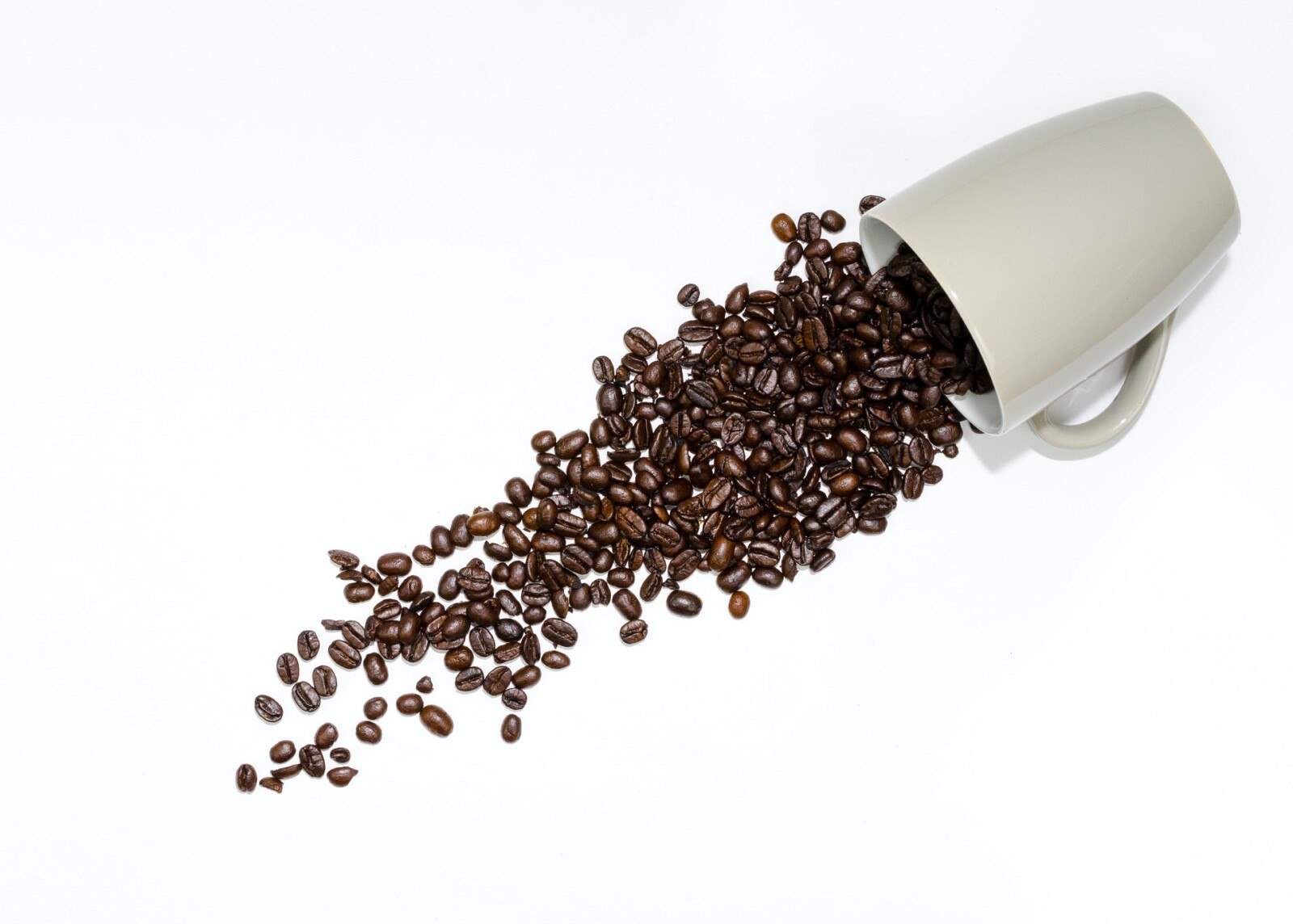Spilling the Beans: Benefits of Drinking Coffee

As I sit here and start writing about coffee, I have two drinks on my desk: a small Americano (no sugar, no cream) and a medium soy latte (no sugar either, making you think I have an agenda here). I can explain. It’s actually pretty simple. You see, we got two different drinks, and then I stole my husband’s latte when he wasn’t looking. Anyway, year after year, people obsess over coffee and chug it down in massive quantities, while scientists conduct multiple studies to learn more about how caffeine affects us. All their findings might be full of beans, too, but the studies suggest that drinking coffee has quite a few health benefits and drawbacks. It’s a mixed picture.

I don’t really know where my coffee addition is coming from: trying to stay awake to hit a deadline, my sincere love of its taste and smell, or coffee just being a psychoactive substance. The latter might have added to the addiction for sure.
150 million Americans collectively drink 400 million cups of coffee per day. Caffeine, obviously contained within coffee, is the most widely used central nervous system stimulant in the world. A lot of people think that it helps them to focus and power through their work. But as with everything, coffee should be a matter of balance. According to the FDA, you don’t want to exceed 400 milligrams a day, which is about four or five cups of coffee.

According to Healthline, drinking too much coffee on a regular basis can possibly lead to hormonal imbalances which could even cause hormonal acne. People who have caffeine overdose (beware, that’s a thing) can experience:
- headaches
- insomnia
- heart palpitations
- confusion
- irritability (it seems like I suffer from this side effect, especially before I have my morning coffee)
- increased thirst (coffee dehydrates you)
- chest pains and even trouble breathing!
But if you respond to coffee well and consume it in a responsible way, you might gain some health benefits.
- Coffee can lower the risk of type 2 diabetes. American Diabetes Association references a study of U.S. women aged 26–46 years. It suggested that drinking two or more cups of coffee a day was associated with a much lower risk of type 2 diabetes. It didn’t seem to be a caffeine thing. The association was similar for caffeinated and decaffeinated coffee, and for filtered and instant coffee.
- Alzheimer’s disease is tragic, and scary because there is no magic pill or cure from it. There have been several studies showing that drinking coffee is associated with a much lower risk of Alzheimer’s disease.
- If you’ve been packing on those quarantine pounds, coffee might be able to help get you back in shape. Several studies suggest that coffee boosts metabolism by 3-11%: after drinking coffee the metabolic rate increases immediately and remains elevated for about 3 hours. Although, you need to take into account that it’s not as effective if you drink coffee regularly.
Anyway, if you like coffee just as much as I do, it’s unlikely that science will sway you one way or the other. You’re just like: gimmie coffee!
